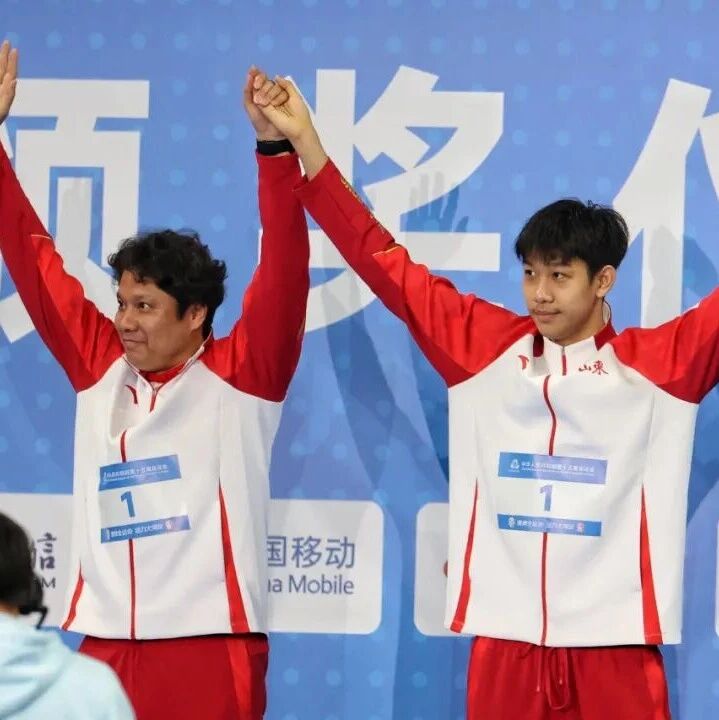"Entrusting the National Team to a Contractor: Exploring a New Model for Competitive Sports Management"
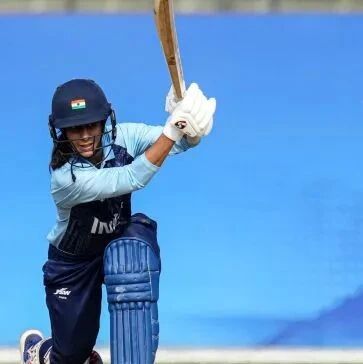


Recently, the "Administrative Measures for Collaboratively Establishing National High-Level Sports Teams (Trial)" (hereafter referred to as the "Measures") were issued. While encouraging project management units to actively innovate national team-building models, the Measures also aim to promote the standardized and orderly advancement of collaborative efforts.
Industry insiders say that the "commissioned management" model for the national team, along with the introduction of the Measures, is innovative and represents an important exploration in reforming the management system and operational mechanisms of competitive sports.
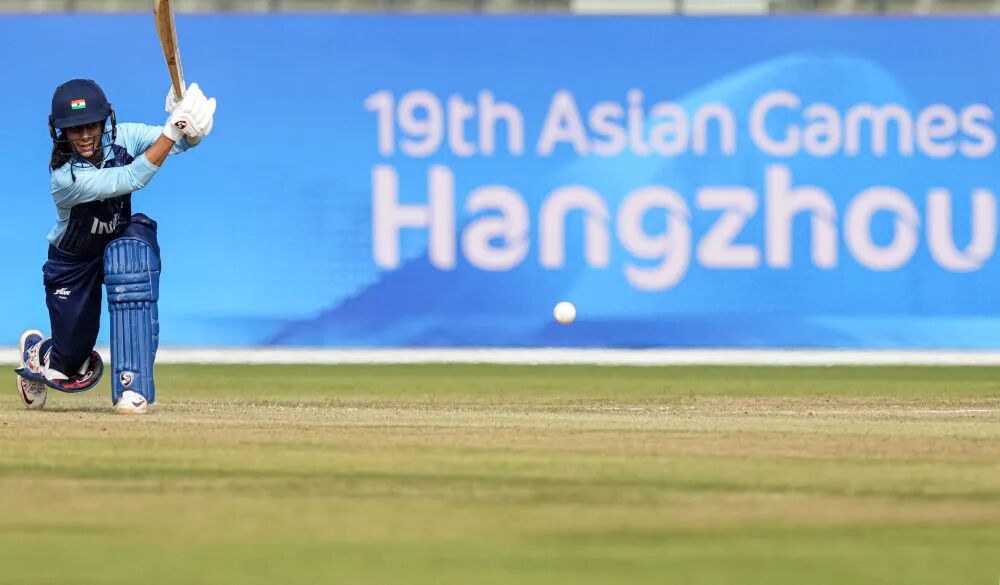
On September 25, 2023, Indian team players during the women's final of the cricket event at the Hangzhou Asian Games.
How to "delegate"?
In 2023, the 141st Session of the International Olympic Committee approved the proposal to add five new sports to the 2028 Los Angeles Olympics: baseball/softball, cricket, lacrosse, squash, and flag football.
Since these were previously non-Olympic events, some of them do not yet have nationwide governing associations, and the level of development varies significantly across different regions. Huang Haiyan, Dean of the School of Management at Beijing Sport University, who was involved in drafting the "Measures" and overseeing the implementation plan, explained that historically, the construction of national teams has largely been led by individual sports centers. While local entities have participated in collaborative models like "joint construction and co-building," core activities such as team formation and market development have still remained firmly under the control of these same sports centers.
"This time, we’re proposing an open approach to forming the national team, inviting more stakeholders to actively participate in its creation. The biggest innovation of the ‘commissioned management’ model is entrusting tasks like market development and team selection to the designated contractor, effectively making them the core entity of the national team. Meanwhile, the relevant centers and associations will oversee and provide guidance, which will further encourage local enthusiasm and engagement."
The Measures clarify that "commissioned implementation" refers to the project management unit entrusting a partner organization to manage the national team, while transferring relevant rights related to team formation, competition participation, market development, and bidding to host international events. The partner organization assumes primary responsibility for team management. This model is particularly suited for sports that currently lack widespread popularity, have a weak developmental foundation, or have long struggled to advance.
Huang Haiyan explained that the draft of the "Measures" adhered to several key principles during its development: "scientific coordination, clear delineation of rights and responsibilities, openness and diversity, categorized management, dynamic adjustments, and prioritizing talent." She added, "After entrusting implementation to Sichuan and Zhejiang, responsibility has been assigned to these provinces. However, especially in the early stages of reform, it’s crucial to provide ample guidance and closely monitor any challenges they encounter during execution. This ensures comprehensive, end-to-end, and full-cycle management throughout the entire process."
Why squash and cricket?
Squash and cricket are the two sports that have already "tested the waters" as pilot initiatives. Currently, Sichuan and Zhejiang provinces have already begun taking steps in this direction.
Leveraging the momentum from the successful hosting of the Asian Games, squash in Sichuan is now accelerating rapidly. In Chengdu's Shuangliu District, a squash training and competition base—covering approximately 119 mu—is currently under construction. The facility will feature over 20 internationally standardized training courts and 2 internationally certified competition courts, with completion expected by the end of 2025. Additionally, the base will include cutting-edge amenities such as an intelligent training center and a sports biomechanics laboratory, ensuring it meets the highest standards set by the World Squash Federation.
Chen Xingdong, Deputy Director of the Sichuan Provincial Sports Bureau, stated that Sichuan has already accumulated successful experience in establishing the national freestyle BMX and surfing teams, giving it a strong advantage in resource integration. Looking ahead, the province plans to build professional coaching teams—including top foreign coaches—and assemble comprehensive support staff. Additionally, Sichuan will leverage cutting-edge technologies like AI-powered training systems, arrange overseas training programs in places such as Egypt and Malaysia, and actively participate in international ranking events, the Asian Games, and even the Olympic Games.
Wang Ding, Director of the First Division at the Small Ball Sports Management Center of the General Administration of Sport of China, noted that based on Sichuan Province's experience in assembling and competing at the World Games, the province demonstrates professionalism in areas such as training organization and competition participation, while also highlighting its strong commitment to these endeavors. Additionally, the Small Ball Sports Management Center of the General Administration of Sport has provided specialized guidance specifically tailored to aspects like anti-doping checks—areas that are less commonly addressed by local sports authorities during multi-sport events.
"From managing the team and focusing on preparation, we’ve now shifted our priorities to—first, supervision; second, service; third, support; fourth, ensuring logistical and operational readiness; and fifth, coordination. The current consensus is that while the team is officially under provincial management and handled directly by the province, it remains a national team, with Sichuan taking on the critical responsibility of preparing this elite squad for national-level competitions," said Wang Ding.
From the cricket team side, Yu Han, Deputy Director of the Second Division at the Small Ball Sports Management Center of the General Administration of Sport of China, revealed that after signing the hosting agreement in June, Zhejiang Provincial Sports Bureau has already integrated the coaches and athletes previously selected for the national team into the training system. Currently, the bureau is identifying a group of multi-sport athletes through Zhejiang’s upcoming baseball/softball and track-and-field competitions, with the aim of strengthening the national training squad. Meanwhile, the team is actively developing a comprehensive preparation plan tailored to the Los Angeles Olympic cycle, with an immediate goal of successfully completing international competitions and overseas training sessions by the end of this year.
Regarding the team-based approach for squash and cricket—two sports newly added to the Olympic program—Wang Ding explained: "These two sports are relatively new to the Olympics, and neither currently has a national association. As a result, it’s easier to consolidate resources across various areas. Right now, this model is already up and running, and feedback indicates that overall, it’s progressing quite smoothly. Of course, in the future, we may encounter challenges that aren’t strictly related to sports—such as diplomatic or financial issues, for instance. But all parties involved are actively working together to address these challenges one by one."
Opportunities and Challenges of Innovative Models
The national team is being managed at the provincial level as part of an initiative by the General Administration of Sport of China, which seeks to boost social resource investment through multi-party collaboration. This effort aims to strengthen training and competition support, ultimately enhancing the effectiveness of Olympic preparations. Beyond ensuring top-notch training and competitive opportunities, Sichuan and Zhejiang provinces also have their own innovative approaches for promoting and popularizing their respective sports programs, as well as developing related markets.
Chen Xingdong explained that, spearheaded by the establishment of the national squash team, Sichuan will build a youth training system, form tiered development programs, nurture local talent, and strengthen its market foundation. Additionally, the province will leverage the advanced facilities at the Shuangliu training and competition base to promote wider participation in squash and foster growth in related industries—such as coaching services and equipment manufacturing.
Chen Xingdong revealed that Sichuan Province has established the "Wall Selection for the Future" Youth Overseas Training and Competition Support Fund, along with overseas clubs. Moving forward, the province will actively pursue international exchanges and collaborations, helping athletes broaden their global perspectives while learning from and adopting cutting-edge international training concepts and methodologies.
Tang Wanli, the captain of the national cricket team and a second-level inspector at the Zhejiang Provincial Sports Bureau, stated that Zhejiang will leverage hosting the national cricket team as a driving force to comprehensively advance developments in competitive sports, mass sports, the sports industry, and urban sports culture. By actively exploring market opportunities, the province aims to attract more international cricket tournaments, cultivate robust domestic and global event IP management strategies, expand its market influence, enhance brand recognition, and ultimately boost the economic growth of the sports sector. Additionally, Zhejiang plans to integrate cricket development with the broader vision of urban sports culture, strategically coordinating resources across sports, cultural tourism, and education to establish itself as "China's Cricket City." At the same time, the province is committed to promoting cricket culture, fostering greater participation and awareness of the sport among young people by organizing initiatives like bringing cricket into schools and launching youth-focused cricket training camps—efforts designed to inspire more teenagers to embrace and engage in cricket.
The new model will inevitably encounter fresh challenges and issues, such as ensuring fairness in personnel selection and coordinating effectively with other provinces, regions, and cities. Since both sports are relatively new to the Olympic program, there’s significant room for improvement—particularly in terms of venue facilities. Currently, venues in China that are truly suitable for cricket remain scarce. On the talent front, both sports already boast a high level of international professionalism and intense competition. As a result, how the national teams can rapidly elevate their competitive edge within a short timeframe will undoubtedly test their capabilities. Moreover, with the official event lineup for the 2032 Olympics still undecided, long-term planning for these two sports remains a pressing concern.
Currently, the Competitive Sports Department of the General Administration of Sport has established a regular communication mechanism, incorporating the Zhejiang Provincial Sports Bureau and the Sichuan Provincial Sports Bureau as key participants in pre-competition guidance, exchange programs, and training initiatives. These bureaus are helping to refine and finalize the preparation plans, closely monitor progress, and address any challenges or bottlenecks that arise during implementation.
Chen Xingdong stated that the squash program will establish a selection mechanism to form a national team, ensuring the process is inclusive, open, transparent, and accountable—ultimately building a true national squad. Tang Wanli added that the cricket program will begin by refining comprehensive recruitment criteria, encouraging regions to actively contribute athletes, and improving systems related to athlete hiring, retirement, and career placement, thereby creating an optimal environment for athletes to thrive.
Huang Haiyan stated, "The new model of entrusting local entities to manage the national teams will fully leverage the role of regional authorities in project development, systematically guiding project management organizations from 'running teams' to 'managing teams.' This represents a fresh exploration in fostering open and collaborative approaches to competitive sports."
"Reform requires both courage and patience—and what we’re doing now is paving a new path for Chinese sports," said Huang Haiyan.

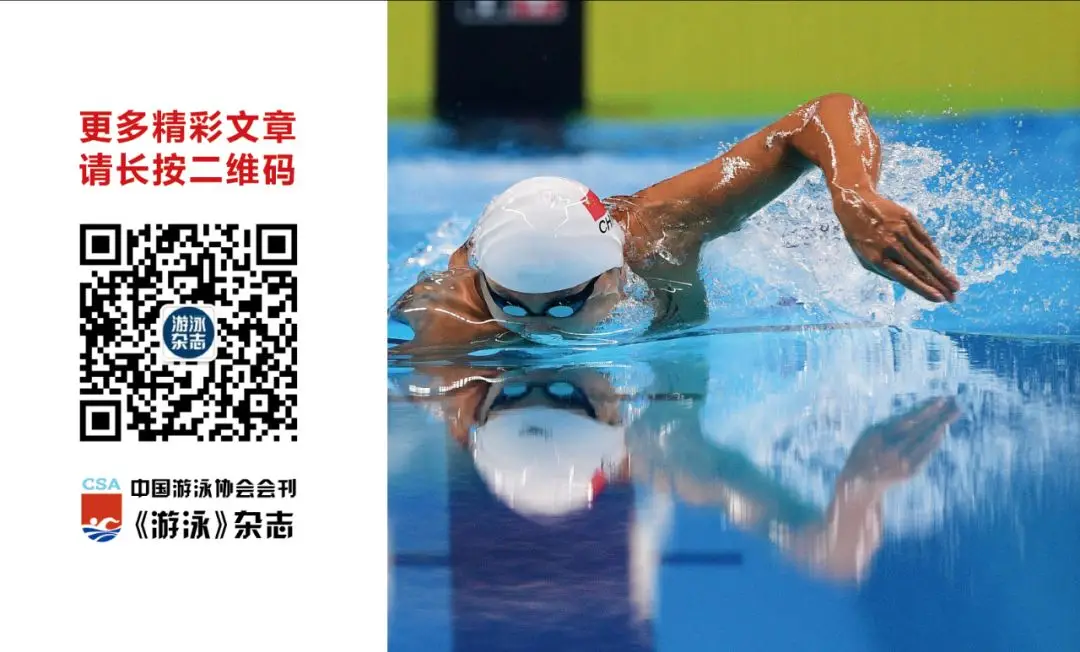
Related Articles

The Heishijiao Winter Swimming Team has been honored as an "Advanced Collective" by the Dalian Winter Swimming Association for ten consecutive years.
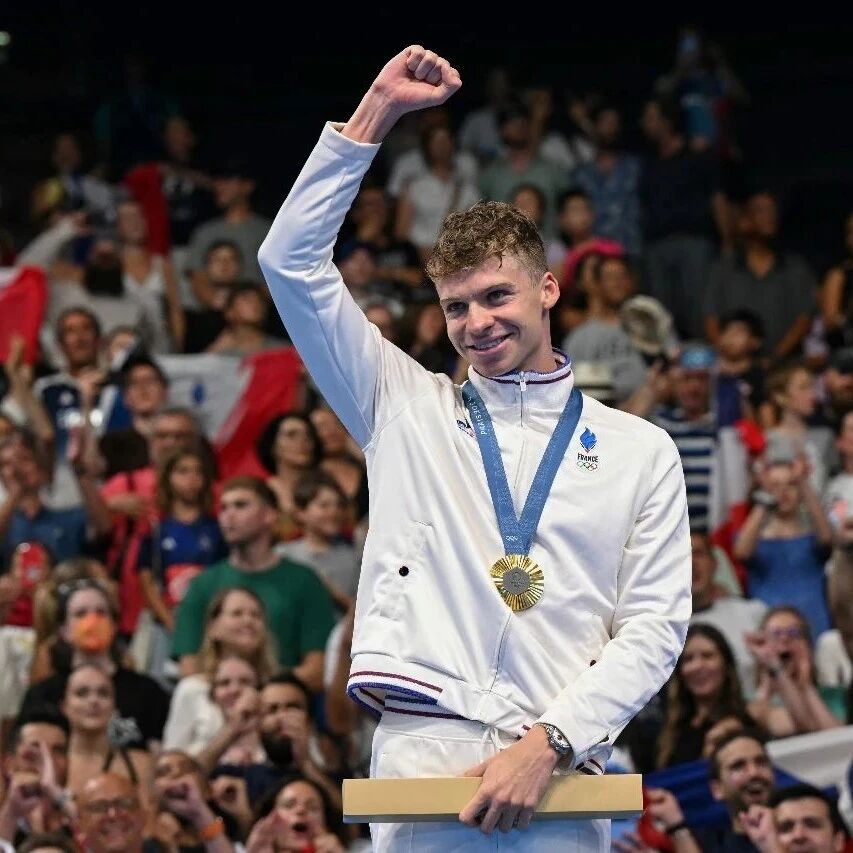
Marchand and McIntosh named World Aquatics' Male and Female Athletes of the Year
